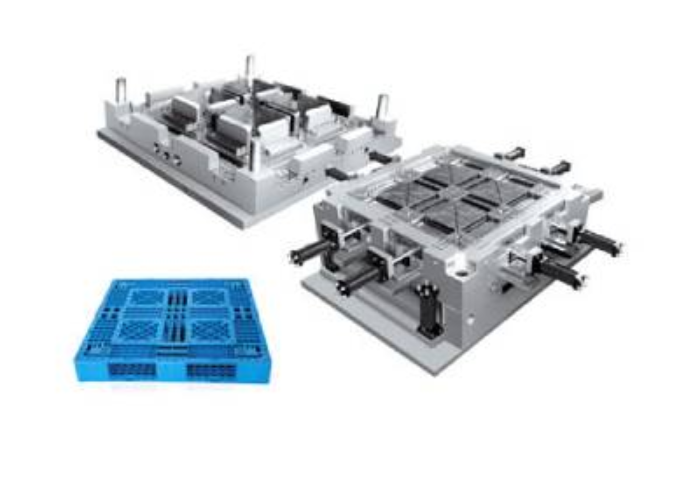Understanding the Injection Manufacturing Process
Injection manufacturing, also known as injection molding, is a widely used manufacturing process for creating a variety of plastic products. It involves melting plastic pellets and injecting the molten material into a mold cavity. The material is then cooled and solidified to create a finished product. This process is used to create a variety of items ranging from small household items to large automotive parts.
The injection molding process comprises several steps that must be carefully executed to ensure the production of quality parts. The first step is the preparation of the plastic pellets. The pellets are poured into a hopper and are fed into the injection molding machine. The machine has a screw-like device that melts the pellets as they move along the screw. The molten plastic is then injected into a mold.
Before the injection process, the mold must be prepared. The mold consists of two halves, the core and cavity, which are held together by clamps. The core and cavity are designed to create the desired shape of the finished product. The mold is also equipped with a cooling system to help regulate the temperature of the molten plastic. Once the mold is ready, the injection process can begin.
The injection process is controlled by a computer, which regulates the amount of plastic being injected into the mold. The molten plastic is forced into the mold under high pressure, filling all the spaces in the mold cavity. The plastic is then allowed to cool and solidify, creating the finished product. This process can take anywhere from a few seconds to a few minutes depending on the size and complexity of the part.
After the plastic has cooled and solidified, the mold is opened, and the finished product is ejected. The product is then inspected for defects, such as warping or cracks, and any excess plastic is trimmed away. The product is then ready for packaging and shipping.

Injection manufacturing is a highly versatile process that can produce a wide variety of products. It is commonly used to produce consumer products such as toys, kitchenware, and electronics. It is also used to produce automotive parts, medical devices, and industrial components. The process is highly automated, allowing for fast and efficient production.
One of the advantages of injection manufacturing is that it produces high-quality products with consistent dimensions and tolerances. The process can also produce complex geometries that would be difficult or impossible to achieve with other manufacturing processes. Moreover, the process is highly scalable, allowing for large-scale production of parts.
However, injection manufacturing has some limitations. It can be expensive to set up and requires a significant initial investment in equipment and tooling. The process is also limited in terms of the materials that can be used. Only thermoplastics can be used in injection manufacturing, which limits the range of products that can be produced.
In conclusion, injection manufacturing is a widely used manufacturing process that produces high-quality plastic products. It requires careful execution of several steps to ensure quality production. The process is highly automated, scalable, and versatile, making it a popular choice for a wide range of products. However, it also has some limitations and can be expensive to set up.
-
How can plastic injection molds efficiently produce plastic products?
2024-10-23
Plastic injection molds are specialized tools used in plastic injection molding processes. Through special design and ma...
விபரங்களை பார் -
Introduction to Insert Mold: A Comprehensive Guide
2023-7-29
Insert molding is a highly versatile and efficient manufacturing process that allows for the combination of multiple com...
விபரங்களை பார் -
Procuring Large Plastic Molding Services
2023-6-17
Large plastic molding services are an essential aspect of many manufacturing processes. These services are necessary for...
விபரங்களை பார் -
Injection Mold Costs: Understanding the Factors and Calculating Expenses
2023-7-5
Injection molding is a widely used manufacturing process for producing plastic parts in large quantities. It offers nume...
விபரங்களை பார் -
Injection Molding for Automotive Parts
2023-6-3
Injection molding is a widely used manufacturing process in the automotive industry for the production of high-quality a...
விபரங்களை பார் -
Electronic Molding Parts: High-Quality Solutions for Your Manufacturing Needs
2023-5-22
Electronic molding parts are essential components in the production of electronic devices. They are used in a variety of...
விபரங்களை பார்







